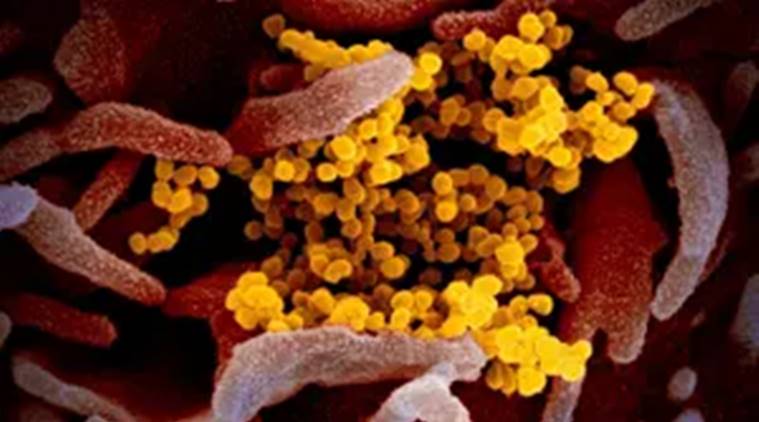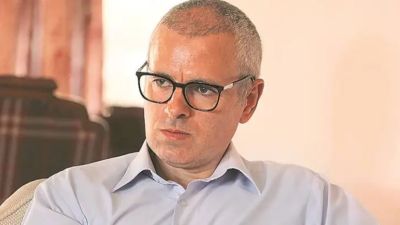States deserve much of the credit for India’s COVID-19 response: Lancet
The editorial also says the lockdown is already having the desired effect of flattening the curve.
 The editorial states that in India’s favour is its young population (65 per cent aged below 35 years) and, to date, a less severe outbreak than was feared, and the lockdown is already having the desired effect of flattening the curve. (Representational)
The editorial states that in India’s favour is its young population (65 per cent aged below 35 years) and, to date, a less severe outbreak than was feared, and the lockdown is already having the desired effect of flattening the curve. (Representational)
An editorial in the April 25 issue of Lancet, titled ‘India under COVID-19 lockdown’, states that the outbreak can be the much-needed wake-up call to the necessity of long-term changes to India’s health system. It has also said states deserve much of the credit for the country’s response to the pandemic as well as the lockdown was already having the desired effect of flattening the curve.
The largest coronavirus lockdown in the world was extended to May 3. As of April 22, India has reported 18, 985 confirmed cases and 603 deaths from COVID-19 in 31 states and union territories since the first case was reported on January 30. The lockdown has also given the government time to prepare for a possible surge in cases when the pandemic is predicted to peak in the coming weeks.
The editorial states that in India’s favour is its young population (65 per cent aged below 35 years) and, to date, a less severe outbreak than was feared, and the lockdown is already having the desired effect of flattening the curve. From April 20, states began easing restrictions on the basis of district profiling of COVID-19 hotspots (a form of cluster containment), the editorial states.
It has pointed out that the immediate challenge is to keep infections at manageable levels and ensure the ability to test, trace contacts, isolate patients, implement COVID care plans, and disseminate timely information. The central government should loosen its control and give states more autonomy over their funding and decision making, and India must also pay much greater attention to the health sector and recognise the importance of having strong public sector capacity, especially in primary care and at district level, it states.
India’s public healthcare system is chronically underfunded (at just 1.28 per cent of the gross domestic product), leaving primary care weak.
Preparedness and response to COVID-19 have differed at the state level. Kerala has drawn on its experience from the Nipah virus in 2018 to use extensive testing, contact tracing and community mobilisation to contain the virus and maintain a low mortality rate. It has also set up thousands of temporary shelters for migrant workers.
Odisha’s exposure to previous natural disasters meant crisis precautions were already in place and were repurposed.
Maharashtra has used drones to monitor physical distancing during the lockdown and applied a cluster containment strategy: if three or more patients are diagnosed, all houses within three km are surveyed to detect further cases, trace contacts and raise awareness. The editorial further states that whether this strategy will be successful is still unclear as the premise relies on there not being community transmission, and there is danger of stigmatisation and coercion. But states deserve much of the credit for India’s COVID-19 response, the editorial states.








